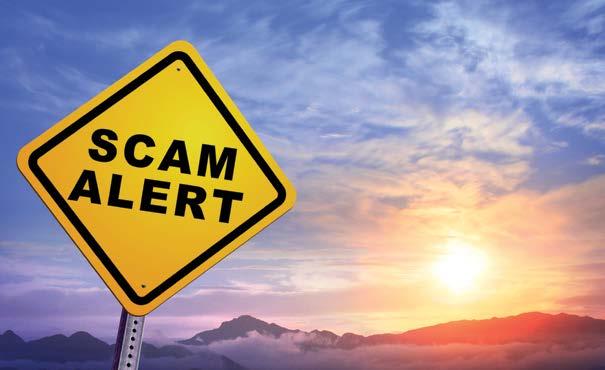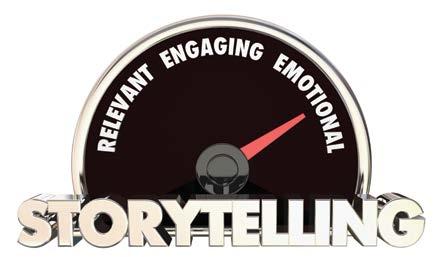CRA will never use text messages or social media to communicate… the tax return and any other question related to the items on the returns. They can also ask about the status of the account if there are tax arrears. The taxpayer should make sure the caller is indeed calling from CRA by asking for the name of the caller, work section, and office location. The taxpayer can verify if the caller indeed works for CRA or if he or she has been contacted by CRA by calling 1-800-959-8281 for individuals or 1-800-959-5525 for businesses. If the call came from a government program like Employment Insurance, the number for verification is 1-866-864-5823.
By Mail CRA will communicate by mail to send these documents. • Notice of assessments • N otice of accounts and demand payment • Requests to file tax returns • Letters to ask for information about items claimed on tax returns, such as copies of RRSP slips, donation slips, medical receipts, and foreign tax credits • Letters to take legal action if an unpaid debt is not repaid • Letters to advise that CRA is commencing an audit and require more information If taxpayers use the services of an accountant and the accountant is an authorized representative, CRA will also communicate with the accountant. The taxpayer receiving a letter from CRA can confirm with the accountant that the communication is legitimate. Every taxpayer has access to My Account or My Business Account on the CRA website. Any mail communication is also stored on the accounts; that is another way to verify that the mail received is legitimate. Volume 29 Number 4 Winter 2020
By email CRA may be contacting taxpayers by email to notify them that a document or letter is available on the My Account, My Business Account, or Represent a Client (for accountants) portals. CRA may also email a link to a CRA webpage, form, or publication to a taxpayer who asked for that information during a telephone call or meeting with a CRA agent. That is the only type of email that CRA sends to taxpayers containing links. CRA will never use text messages or social media to communicate with individual taxpayers. It is also important to note that CRA will never do the following. • A sk information about passport, health card, or driver’s licence. • D emand immediate payment by Interac, bitcoin, prepaid credit cards, or gift cards from big retailers.
Editor’s Prefer Paperless? We will notify you by email when the magazine is posted online, quarterly. Please email scrivener@bcnotaryassociation.ca.
NEXT ISSUE Spring 2021
The In-depth Legal Education of BC Notaries
• U se aggressive language or threaten with arrest or sending police. • G ive or ask for personal information by email and ask you to click on a link. • E mail you a link asking you to complete an online form with personal information or financial details. • S end emails with a link to a tax refund. • S et up a meeting in a public place to take payments. CRA will communicate with taxpayers for a few reasons, mainly these. • T here are tax arrears on the account and a collection office will call to discuss the file and when they can expect payment. • I ncome tax returns have not been filed and CRA will issue a request to file. The Scrivener | www.bcnotaryassociation.ca
Article Deadline February 14, 2021 Advertising Deadline March 10, 2021 To Send Photographs to the Magazine . . . email your images to scrivener@bcnotaryassociation.ca. Please send photos at the original size. Do not reduce or retouch. scrivener@bcnotaryassociation.ca www.bcnotaryassociation.ca
TABLE OF CONTENTS
43




























